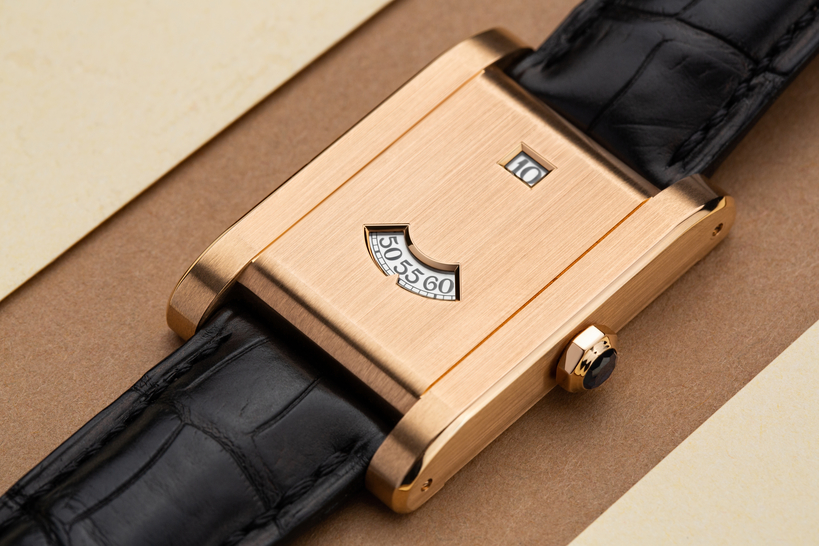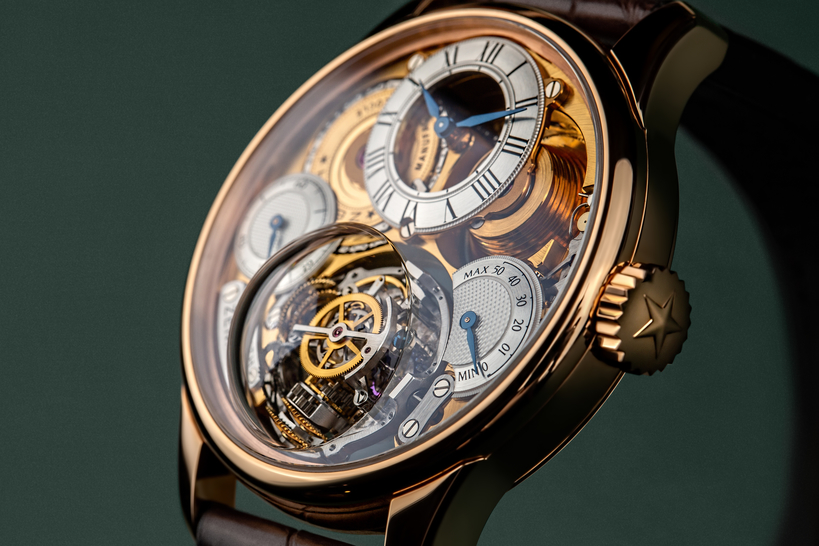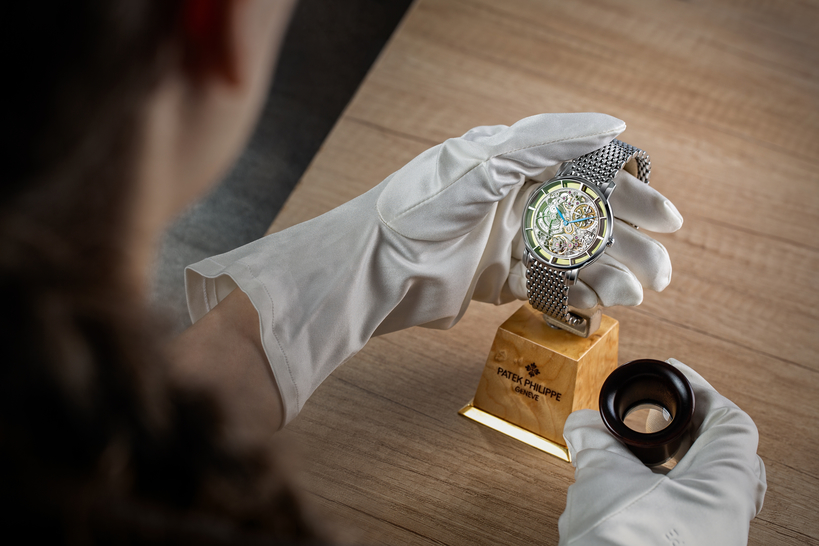The Zenith manufacture is reproducing a model from 1969. The company claims it was the first in the watchmaking industry to feature a gradient dial.
The model we're talking about is the Chronomaster Revival A385 — a reproduction of one of the original three 1969 models. That was the year Zenith made a breakthrough, when the company introduced the first high-frequency automatic chronograph. The brand won't let the importance of the El Primero it invented to be forgotten, and keeps bringing us novelties based on these historic models. This is one such case.
As it happens, the A385 model has also already made its mark by changing perceptions of how watches should be marketed. Zenith was placing bets on experiments long before Felix Baumgartner's famous skydive from the stratosphere. In 2012, the daredevil jumped in free fall wearing a Zenith watch, and reached an impressive speed of 1342 km/h.
Much earlier, back in 1970, the specialists at Zenith decided to test how reliable the El Primero caliber was, and attached the A385 watch to the landing gear of an Air France Boeing 707 on a flight from Paris to New York. The phenomenal flight made the news, which was printed on the pages of many newspapers at the time — the marvelous predecessors of today's social networks.
The new Chronomaster Revival with its smoked brown dial is a revival of the A385 with a nod to the original historic blueprints. The watch has a 37 mm stainless-steel case. The shape of the case and the push-pieces has been left unchanged, but some updates did have to be made. The acrylic glass has been replaced with sapphire crystal, and the caseback has been made transparent. The latter reveals the chronograph movement of the El Primero 400. The automatic caliber runs at a frequency of 36 000 vph and has a 50-hour power reserve.
Two versions of the Chronomaster Revival have been released: one with a brown calfskin strap and one with a steel “ladder” bracelet. This is a modern reinterpretation of bracelets by Gay Frères that accompanied the earlier watch iterations.







